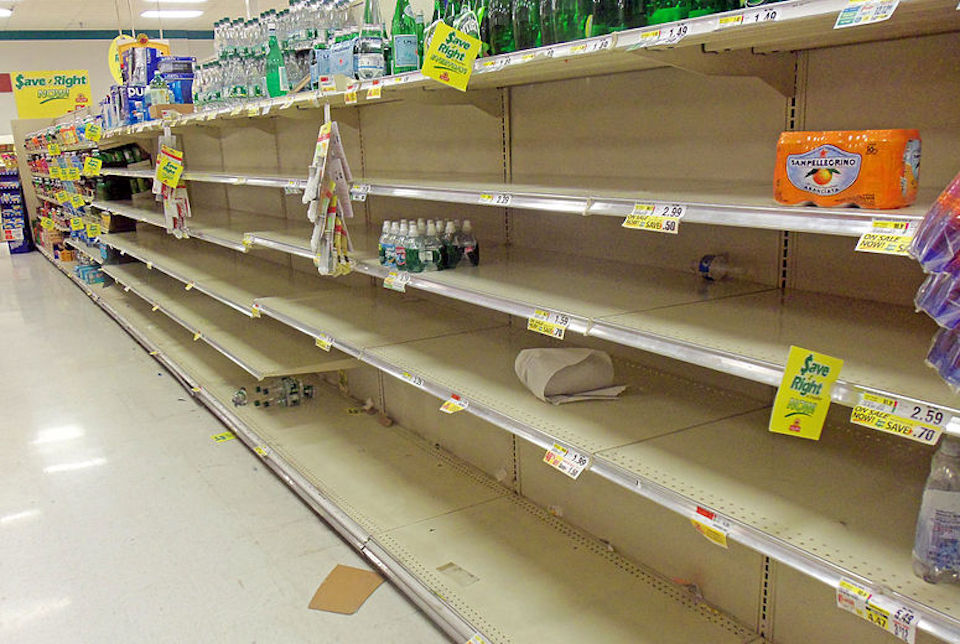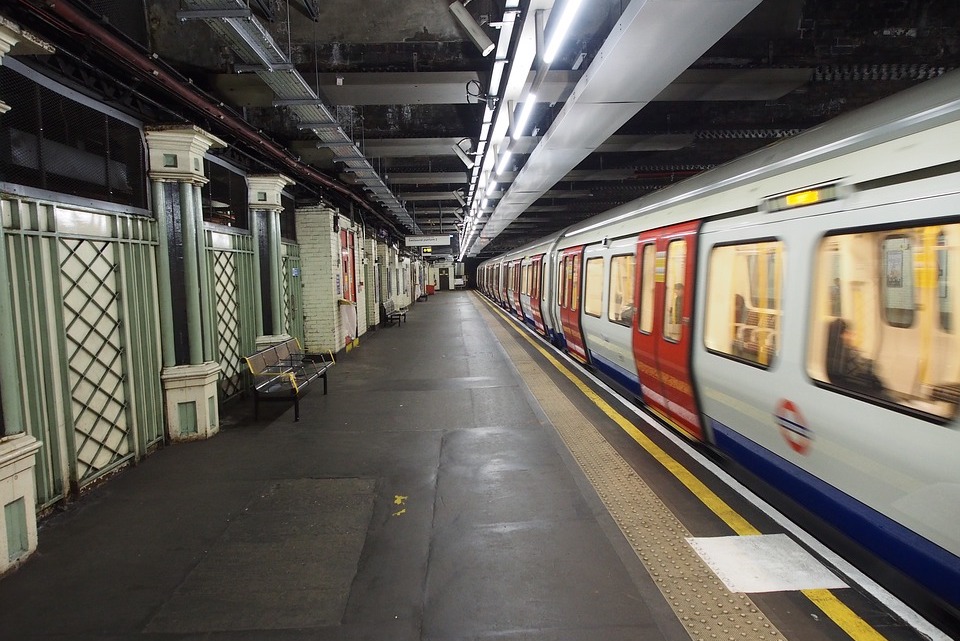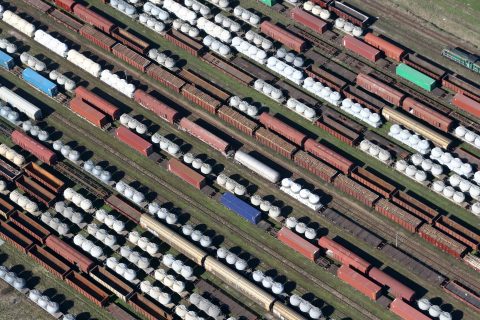Priority pathing for UK freight movements

The UK government has alluded to switching priorities on the British railway network. The move would give freight trains a clear path in preference to other traffic, in a way that has not been seen since the Second World War.
Britain’s near 700 daily freight trains could be given top priority across the rail network. The UK government has hinted as much in a public announcement. In the latest daily press briefing, hosted by prime minister Boris Johnson, there was reference made to rail freight, amid a raft of other measures to combat the spread of coronavirus in the UK.
Keep basic goods moving
The headlines have been taken by the imminent closure of schools, and financial assistance to home owners. However, also on the agenda was the urgent need to keep basic goods moving around the country. The prime minister made reference to the importance of keeping the nation’s shelves stocked.

Panic buying and stockpiling has turned supermarkets into deserts, with fresh produce stripped from the shelves, and aisles emptied. It is clear that the supply chain is under significant stress. In an effort to combat that and make sure deliveries are maintained, greater emphasis is being placed on the rail freight network.
All other traffic kept in the loop
If freight trains were given top running priority, that would put them on a par with wartime troop and munitions movements. All other traffic would be sidelined. That could mean extensive delays for passenger operations, especially on main trunk routes, like the West Coast Main Line.
With freight generally timetabled to run much slower than the passenger network, a change of priority would be a considerable headache for planners, and certainly make the current level of service unsustainable. Yet, with freight trains taking something like 76 truck drivers off the roads, the obvious benefits of running more frequent freight services makes perfect sense in a situation where staff may be at a premium.
London shuts stations
In a precursor of what is to come, public transport in London is being severely curtailed. The mayor of London, Sadiq Khan, has asked all citizens to avoid using services unless absolutely necessary, freeing up a curtailed service for essential workers. Khan has also announced that from today forty stations on the London Underground will close completely, including many city centre stops, like Covent Garden and Borough, which serve two of London’s almost deserted markets.

While the London Underground is a metro network, Overground services share tracks with critically important freight services. The recent derailments at Barking in London and Eastleigh near Southampton highlighted this issue.
Recast services
Obviously, curtailed passenger services, and the removal of what have become ‘ghost trains’, will free up paths, but the operational issues could be significant. Timetable planners will be hard pressed to recast services to prioritise rail freight, and inevitably some passenger services could be significantly delayed.
However, the government is stressing that it is absolutely necessary for citizens to avoid all non-essential travel, and there is speculation that travel restrictions could soon be made mandatory, as has been implemented elsewhere in Europe.
Additional freight trains
Pinch points, where freight interfaces with passenger traffic, could be relived by a curtailed passenger service. Crewe, Manchester Castlefield corridor, Newcastle and Edinburgh all come to mind. Also long-distance routes, where the permanent way is mainly single track – such as the Highland Main Line between Perth and Inverness – often see freight trains waiting in passing loops to allow passenger services a clear path.
Dramatically cutting transit times for freight would be a huge benefit to the UK supply chain. The next challenge might be to bring enough capacity into the system to run additional services. If however the switch in priority were implemented, then those ghost train passenger services will have much longer to haunt the passing loops and closed stations of Britain’s post corona outbreak rail network.
You just read one of our premium articles free of charge
Want full access? Take advantage of our exclusive offer




